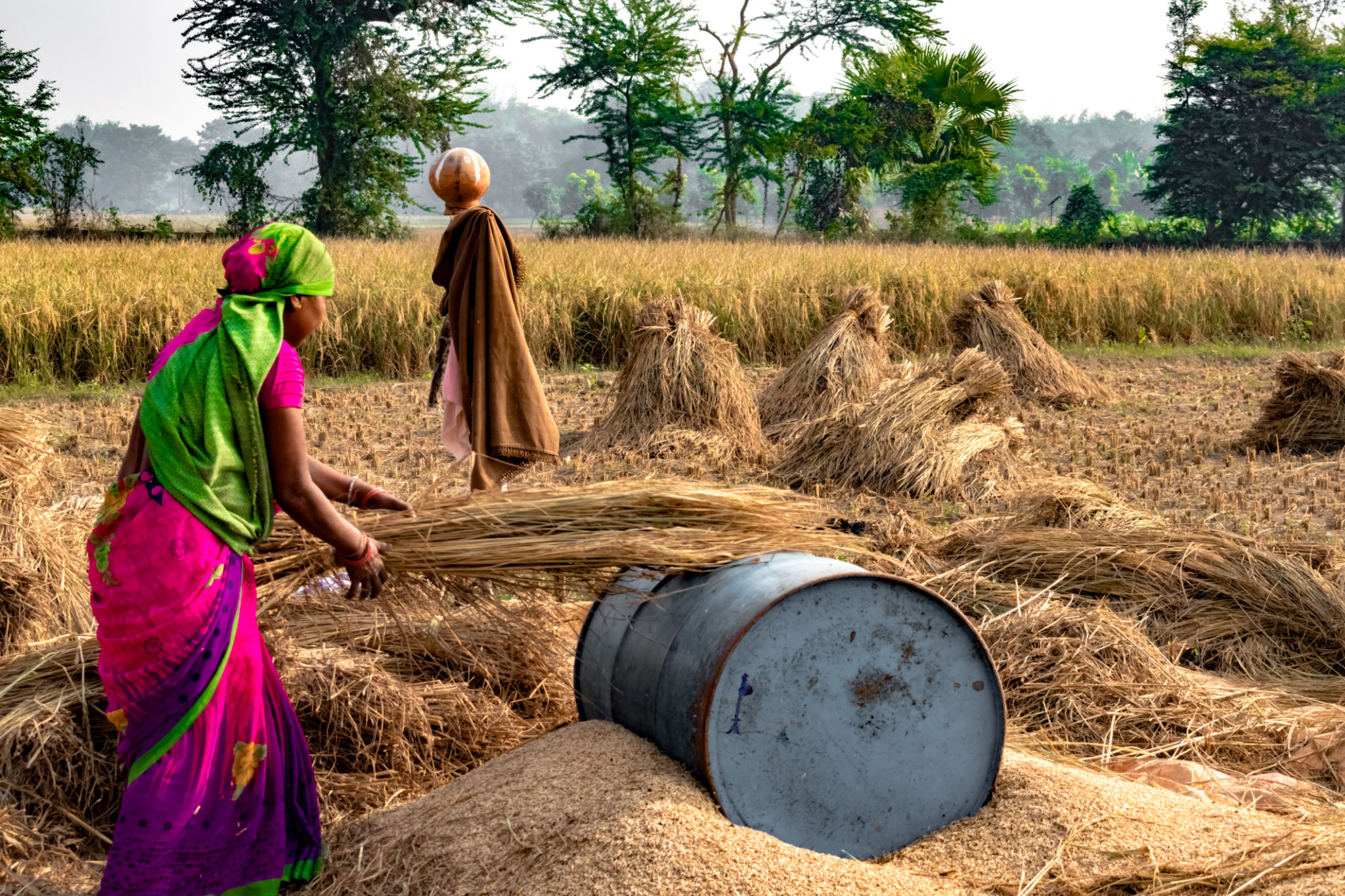Breaking Barriers: The Impact of Women's Empowerment Initiatives in India
Introduction
In recent years, India has witnessed a remarkable transformation with the rise of women's empowerment initiatives. These programs are not just reshaping the social fabric but are also driving significant economic and cultural changes. Through a multitude of efforts—both governmental and non-governmental—barriers that have long restricted women's participation in various sectors are being dismantled.

Economic Empowerment
One of the most profound impacts of women's empowerment initiatives in India is their contribution to economic growth. Women in India are increasingly becoming key players in the workforce, thanks to policies aimed at reducing gender disparities. Initiatives such as the 'Beti Bachao Beti Padhao' campaign and the 'Mahila E-Haat' platform have been instrumental in providing women with the necessary resources and opportunities to thrive economically.
Entrepreneurship and Start-ups
The entrepreneurial landscape in India is also evolving as more women launch their own businesses. Programs like the 'Stand Up India' scheme have paved the way for women entrepreneurs by offering financial assistance and support. This not only empowers women but also contributes to job creation and innovation in the economy.

Education and Skill Development
Education is a cornerstone for empowerment, and numerous initiatives have focused on enhancing educational opportunities for girls and women across India. Efforts such as providing scholarships, building safe school infrastructure, and promoting STEM education are helping to bridge the education gap.
Impact on Rural Areas
In rural areas, where traditional gender roles are more deeply entrenched, educational programs are making significant strides. Women are gaining skills that enable them to participate more fully in agricultural activities, local governance, and community development projects.

Social Empowerment
Beyond economic and educational advancements, social empowerment initiatives are challenging societal norms that have historically marginalized women. Campaigns promoting gender equality and women's rights are gaining momentum, leading to increased awareness and advocacy.
Community Engagement
Grassroots movements and self-help groups are empowering women by fostering environments where they can voice their concerns and influence change. This community engagement is crucial for building confidence and leadership skills among women.
Challenges and Future Prospects
Despite the progress made, challenges remain. Issues such as gender-based violence, lack of access to health care, and societal resistance continue to hinder women's full empowerment. However, with sustained efforts and collaboration between various stakeholders, there is optimism for a future where gender equality is not just an aspiration but a reality.
The impact of women's empowerment initiatives in India is transformative, breaking barriers that once seemed insurmountable. As these efforts continue to evolve, they promise to create a more inclusive and equitable society for future generations.
